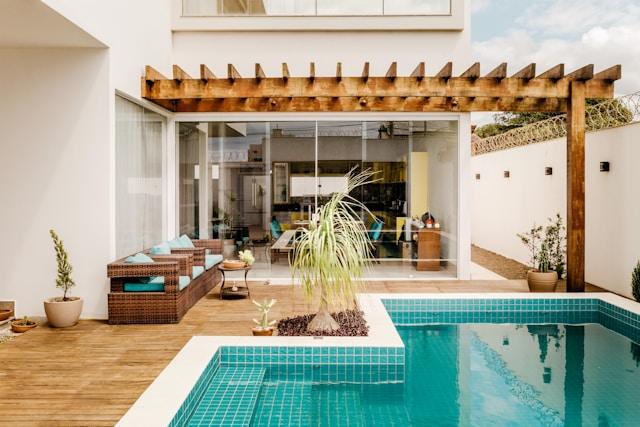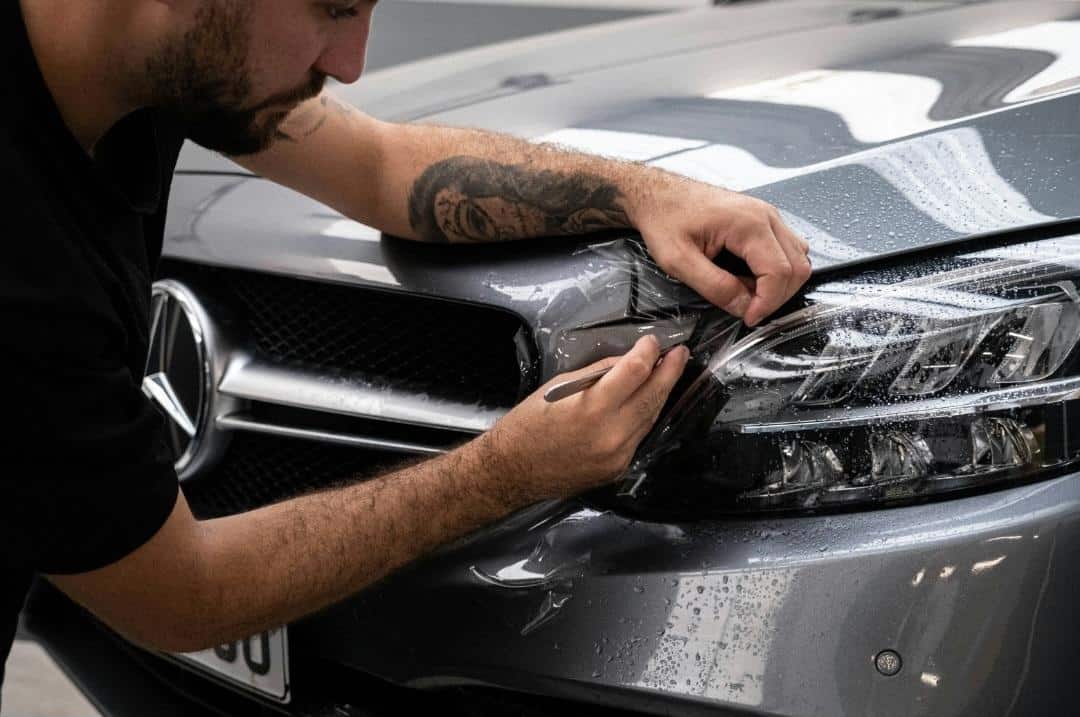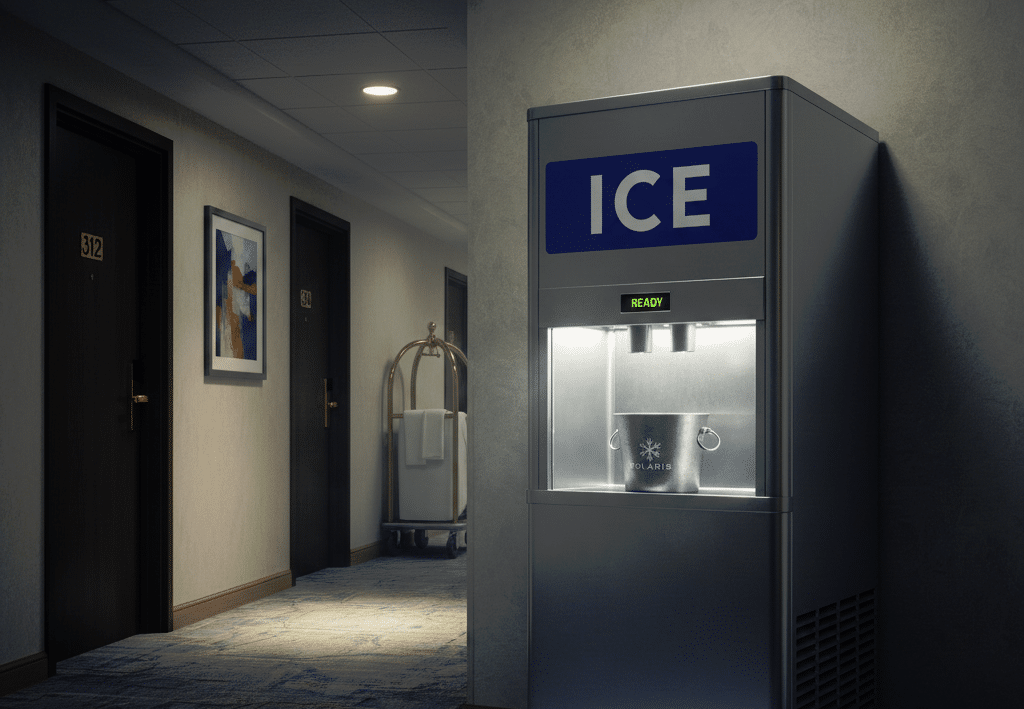The Gulf Coast’s relentless humidity, salt-laden air, and intense heat create a perfect storm for patio door problems. Houston homeowners know the frustration of dealing with sticky sliders that refuse to budge or drafty doors that let precious conditioned air escape.
The combination of moisture-saturated air and corrosive salt particles wreaks havoc on moving parts, turning what should be smooth operation into a daily struggle. However, with the right maintenance approach, your patio doors can continue gliding effortlessly despite these challenging conditions.
Clean and Clear the Tracks Regularly
The foundation of smooth patio door operation starts with maintaining clean tracks. Gulf Coast conditions deposit salt residue, pollen, and moisture-trapped debris that accumulates in door tracks faster than in drier climates. Use a vacuum with a narrow attachment to remove loose debris, then wash tracks with mild soap and water.
After washing, rinse thoroughly with clean water and dry with a soft cloth to prevent water spots that can attract more dirt. Pay special attention to the corners and drainage holes where salt buildup commonly occurs. Weekly track cleaning during peak humidity seasons prevents the gradual accumulation that leads to binding and difficult operation.
Replace Corroded Hardware with Marine-Grade Materials
To ensure long-lasting performance, replace worn or corroded hardware with stainless steel or zinc-plated alternatives. The Gulf Coast’s salt air can quickly degrade standard components, reducing smooth operation and reliability.
For the best results, choose marine-grade stainless steel handles, locks, and door fasteners. These materials resist salt corrosion and maintain functionality even after years of coastal exposure. When installing or replacing hardware, apply a thin layer of marine grease to threaded components to further protect against salt penetration and extend the life of your patio doors.
Apply Weather-Appropriate Lubrication
For vinyl tracks, use silicone-based, non-stick lubricants that won’t attract dirt and cause track clogs. The Gulf Coast’s high humidity means traditional petroleum-based lubricants can actually worsen problems by attracting moisture and debris. For aluminum tracks, use non-toxic lubricants formulated explicitly for aluminum to prevent damage.
Apply lubricant directly to rollers and tracks using a clean cloth or soft-bristled brush to spread it evenly. Avoid over-lubrication, which creates a magnet for the salt and sand particles common in coastal environments. Reapply lubricant monthly during summer months when humidity peaks.
Inspect and Adjust Roller Mechanisms
Patio door rollers bear the brunt of Gulf Coast weather conditions, with salt air causing premature wear and humidity affecting their alignment. Check rollers for signs of corrosion, wear, or debris buildup that can cause uneven operation.
Most sliding doors have adjustment screws at the bottom that allow you to raise or lower each end of the door panel. Small adjustments can restore smooth operation if your door drags on one side or doesn’t close properly. Look for roller assemblies that show signs of salt corrosion and consider replacement with stainless steel alternatives designed for coastal environments.
Maintain Weatherstripping and Seals
Inspect weatherstripping twice a year during spring and fall, replacing worn sections to maintain energy efficiency and prevent moisture infiltration. Gulf Coast humidity stresses door seals, causing them to crack, shrink, or lose their flexibility faster than in moderate climates.
Check for gaps where conditioned air escapes or where moisture can enter and damage internal mechanisms. Quality weatherstripping improves energy efficiency and keeps salt-laden moisture from reaching critical door components. Replace any weatherstripping that shows signs of hardening, cracking, or permanent compression.
Control Indoor Humidity Levels
Reduce humidity levels in your home by adding a dehumidifier or using kitchen exhaust fans to remove water vapors that can cause condensation problems on patio doors. Use dehumidifiers to reduce the amount of moisture inside homes with high humidity to prevent internal condensation that can damage door mechanisms and create conditions for mold growth.
Maintaining indoor humidity between 30-50% reduces stress on door seals and prevents the moisture buildup that accelerates corrosion of internal components. Good insulation and weatherstripping help your climate control systems work more efficiently, creating a stable environment that protects your patio doors from both internal and external moisture challenges.
Endnote
By implementing these six maintenance strategies, Gulf Coast homeowners can keep their patio doors operating smoothly despite the region’s challenging climate conditions. Regular attention to cleaning, lubrication, and hardware replacement with marine-grade materials ensures years of trouble-free operation while maintaining energy efficiency and indoor comfort. The investment in proper maintenance pays dividends in avoiding costly repairs and extending the life of your patio door system.








